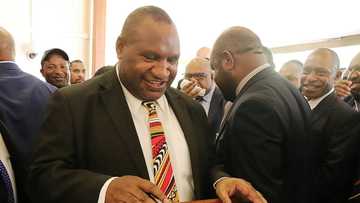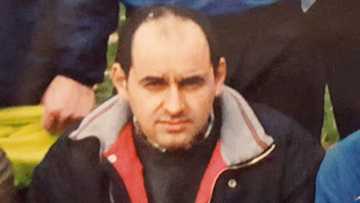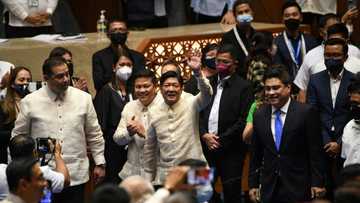Judge who helped jail S.Africa's Zuma sees graft probe driving change
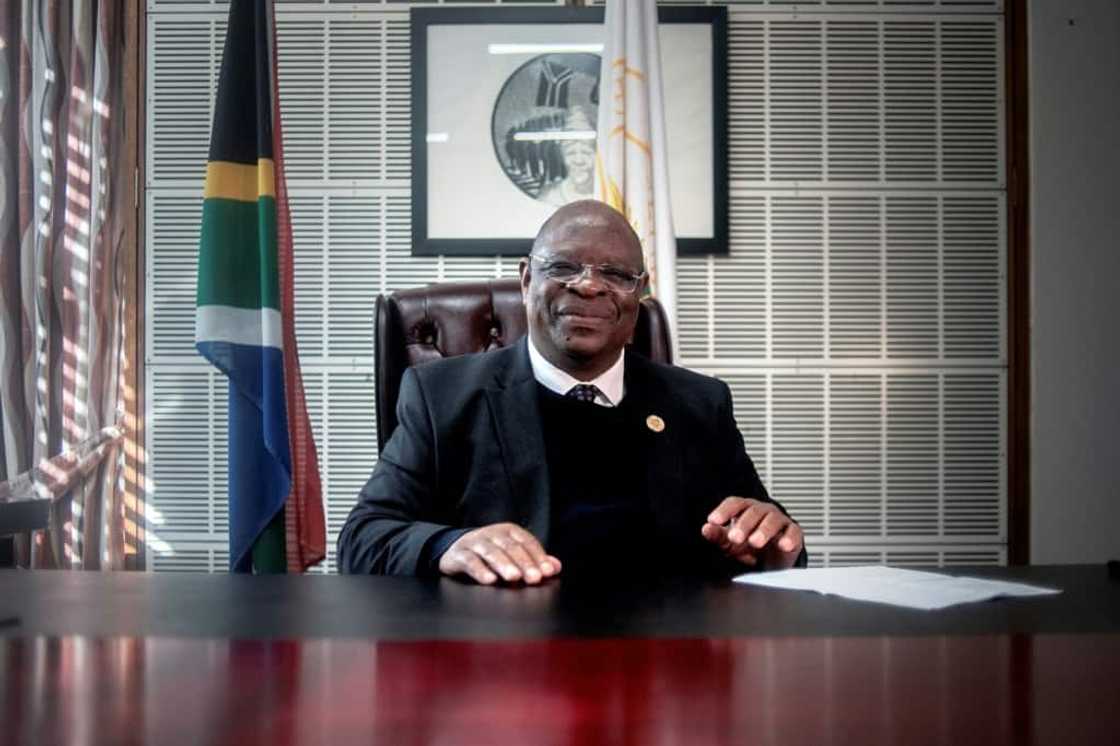
Source: AFP
New feature: Check out news exactly for YOU ➡️ find “Recommended for you” block and enjoy!
Chief Justice Raymond Zondo's welcoming and cheerful smile belies an uncompromising nature that saw the jailing of former South African president Jacob Zuma during a high-level corruption probe.
Over the past four years, the 62-year-old has led a sweeping investigation that revealed a web of well-orchestrated state graft under Zuma and threatens to further shake the ground under the political establishment.
Published in late June, the final part of his report detailed how rampant corruption under Zuma gutted state coffers and recommended that 200 individuals face criminal charges.
Yet, speaking to AFP from his Johannesburg office, Zondo said the more than 5,000-page document also raised broader questions about Africa's most advanced economy.
"How did we as a country get to a stage where we got somebody as president... that is ready to do such things? What is wrong in our system?" Zondo asked.
One of the most troubling findings was Zuma's preparedness to do "wrong things" at the instance of the wealthy Indian-born Gupta brothers, the judge said.
PAY ATTENTION: Never miss breaking news – join Briefly News' Telegram channel!
"If there's anything to me that is very important out of this commission is how do we make sure that South Africa never ever gets somebody who would act like that to be its president," he said, a cup of rooibos tea and a small cookie sitting on his large wooden desk.
"In life there's no guarantees... but we have to do whatever we can to minimise the chances that such a thing would happen."
Zuma's nine-year presidency gained a reputation for graft where cronies influenced government appointments, contracts and state businesses.
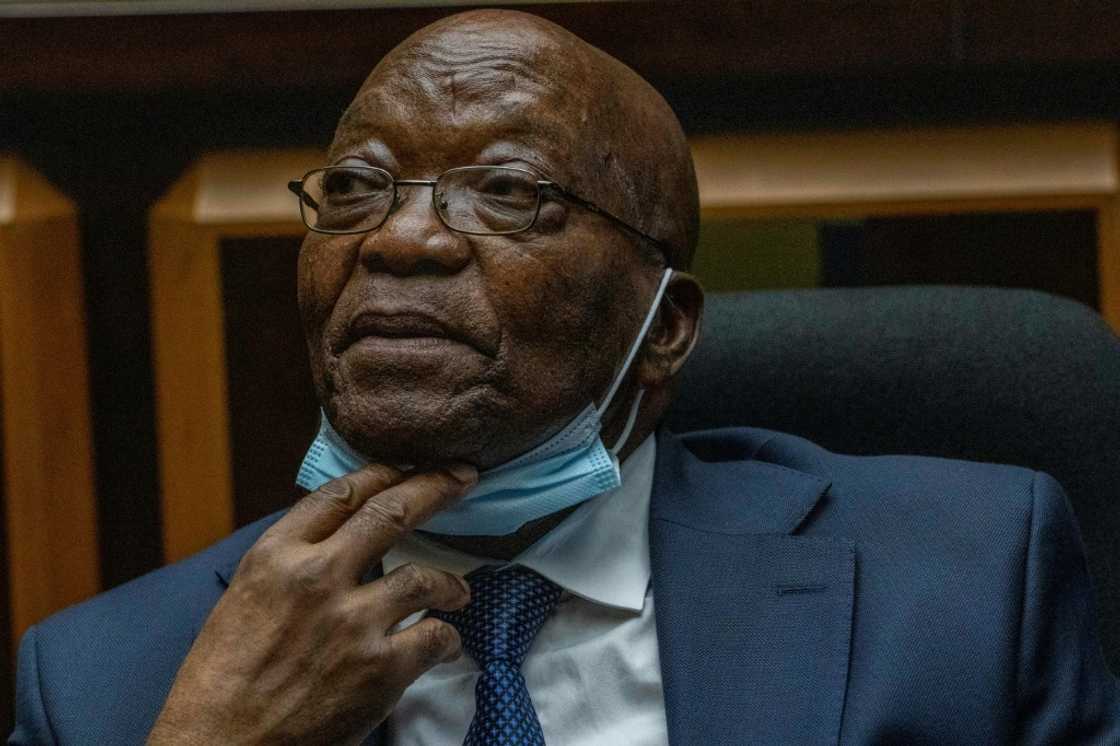
Source: AFP
Lawyer turned Constitutional Court judge, Zondo was appointed by Zuma himself in 2018 to head a judicial commission probing state corruption, commonly referred to as "state capture".
Four years later, the report described Zuma as a "critical player" in the high-level plunder of state-owned enterprises that dogged his 2009 to 2018 tenure.
The man once wept in front of cameras during interviews for the position of deputy chief justice as he recounted his difficult rags-to-fame journey and how a village businessman offered to pay his school and university fees.
Threats
He was later to become the man who obtained a jail term for the former president.
The burly and gentle corruption buster asked the country's top court to try Zuma for contempt of court after the former president snubbed the investigation panel.
After a trial Zuma attended, he was last year jailed for 15 months for refusing to testify before the investigators.
Zuma's jailing sparked riots last July that left more than 350 people dead.
The probe has gained Zondo celebrity status in South Africa, his deep voice and round face a regular feature on television over the past four years, with more than 400 days of testimony broadcast live.
But it came at a personal cost.
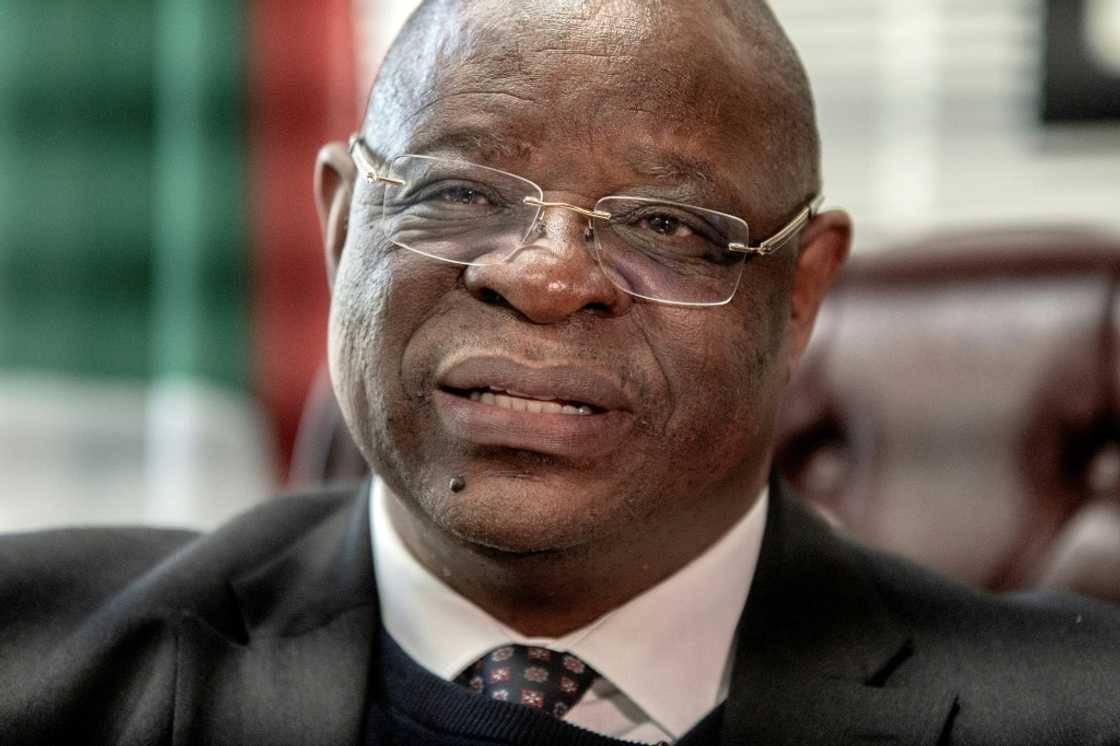
Source: AFP
Zondo and his family received death threats that the father-of-eight said were linked to the July unrest.
"They would have had to kill me to stop me (from continuing with the probe)," he said. "But members of my family didn't make any decisions, they should have been left alone."
In March he was named South Africa's chief justice, an all-powerful role he now plans to return to full time.
"I've done my part, I don't get involved in prosecution," he said of potential future proceedings, adding he had finally enjoyed a "little bit of rest" after handing the report to President Cyril Ramaphosa on June 22.
Those who wanted to learn more about what went wrong could go and read it, added the judge, a fan of traditional Zulu music known as maskandi and gospel.
New feature: check out news exactly for YOU ➡️ find "Recommended for you" block and enjoy!
Source: AFP

